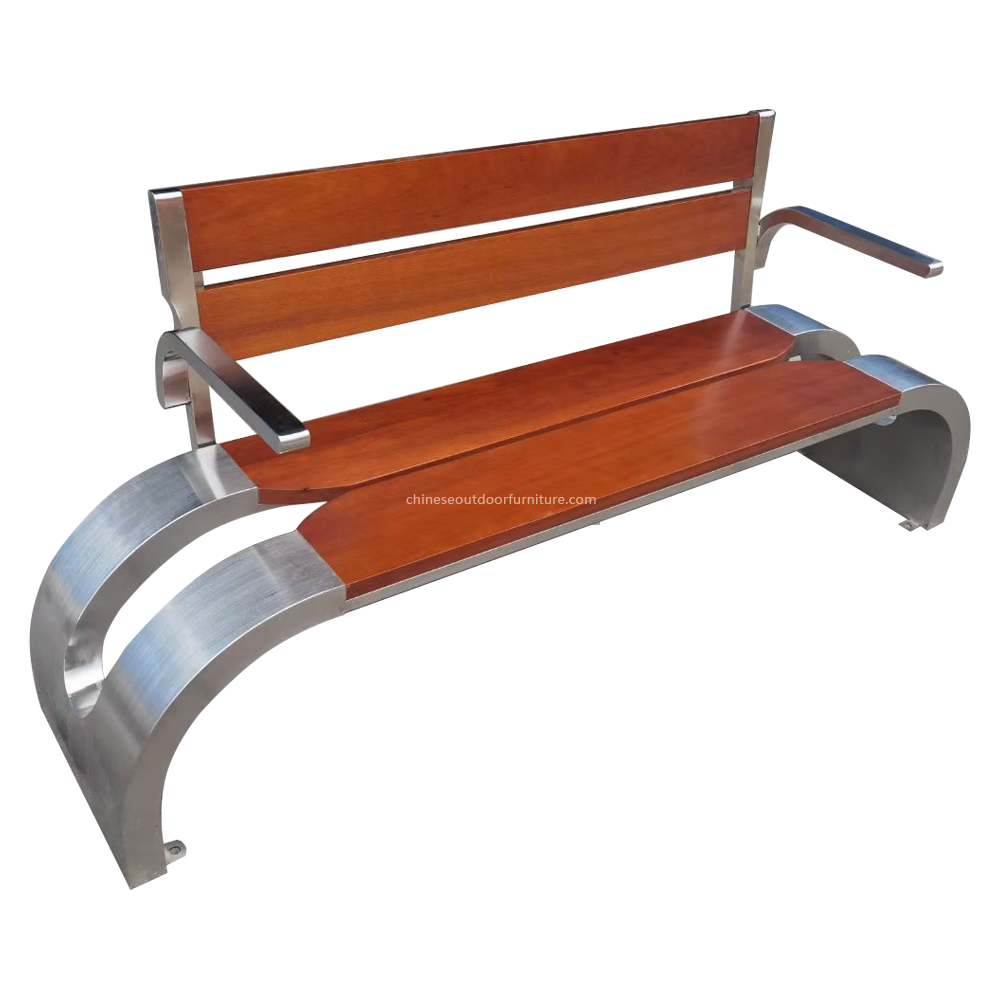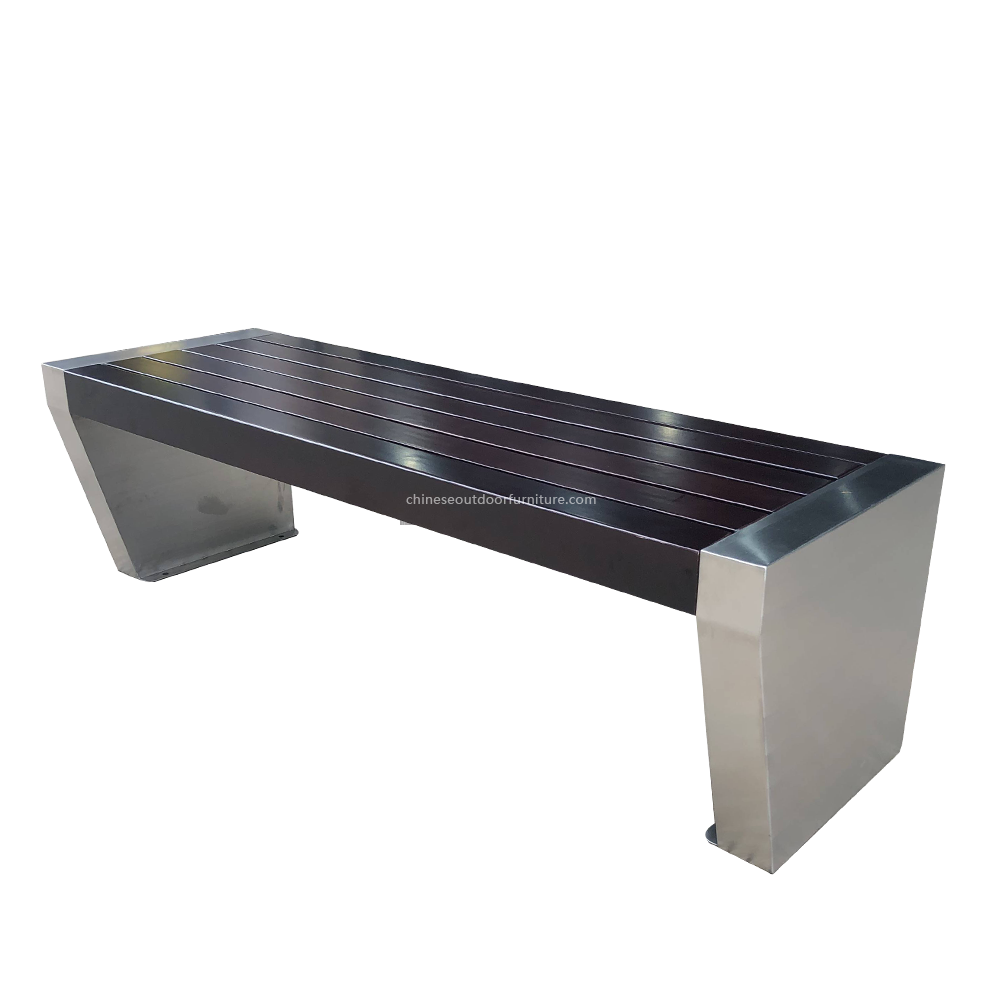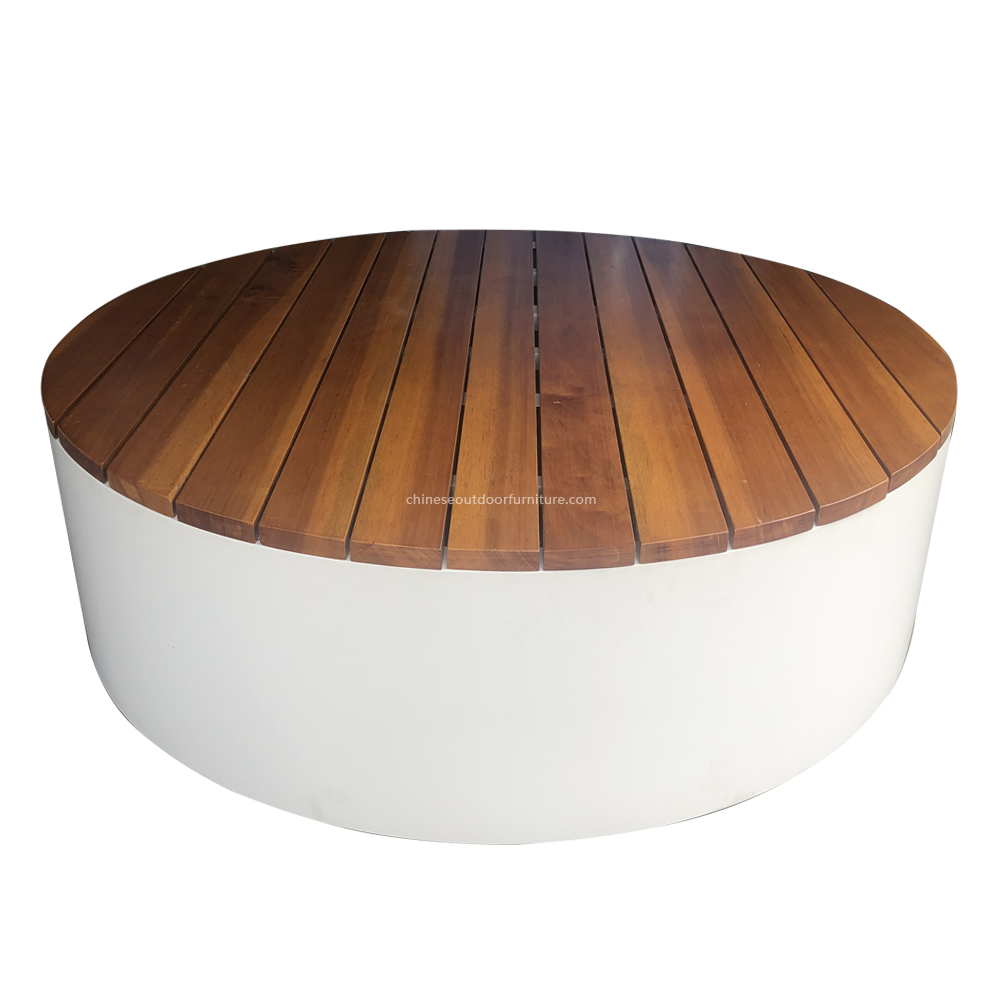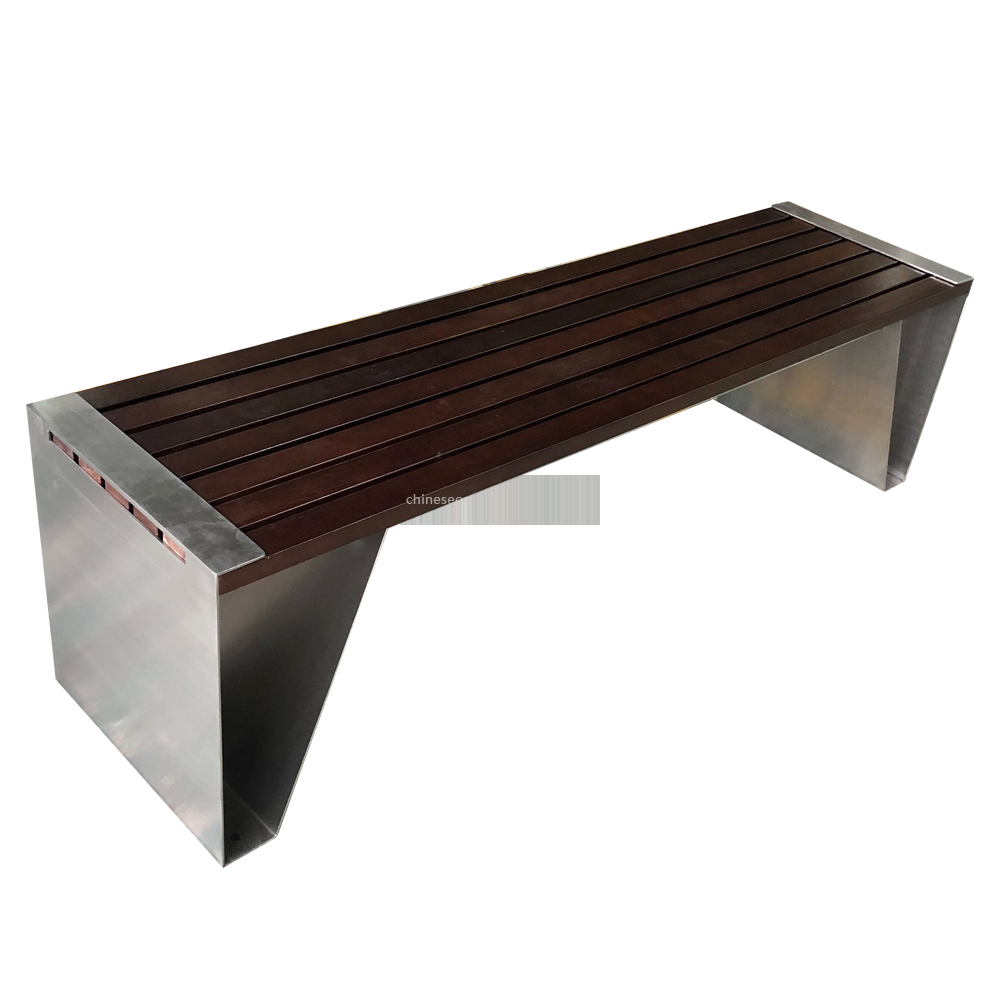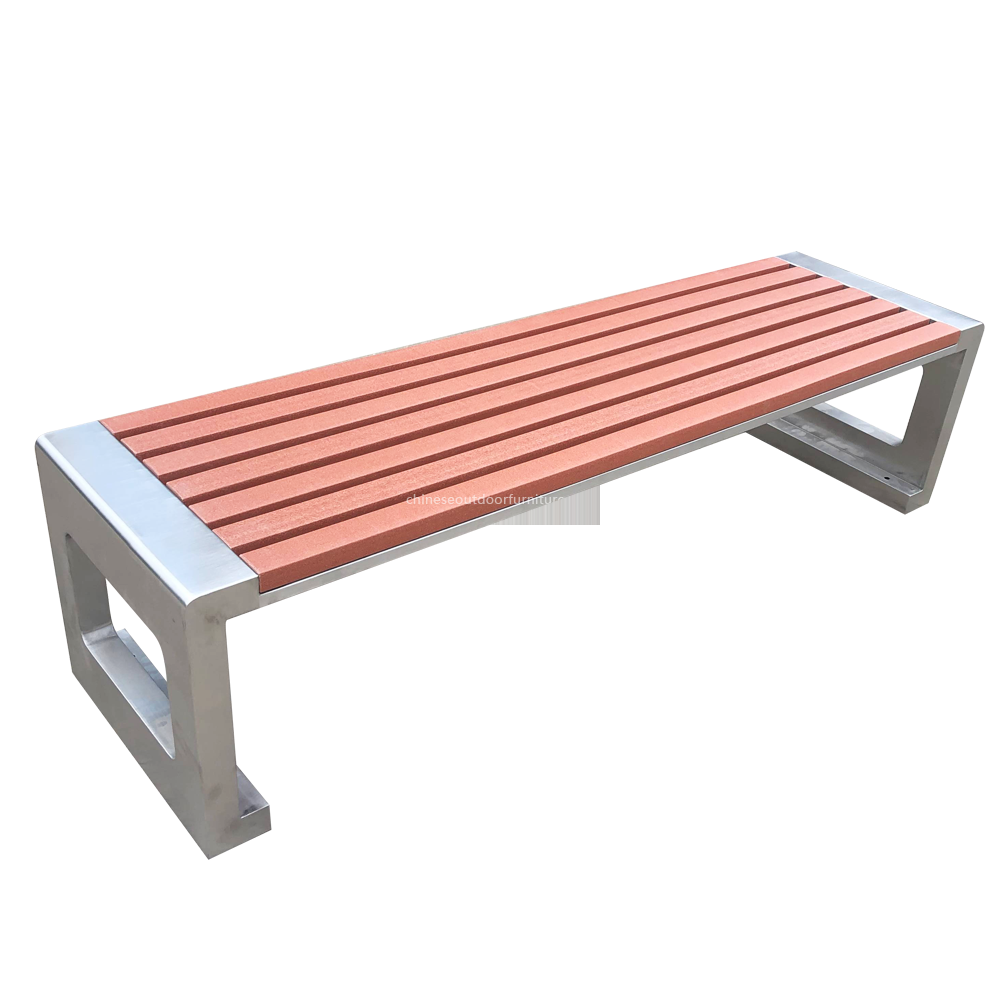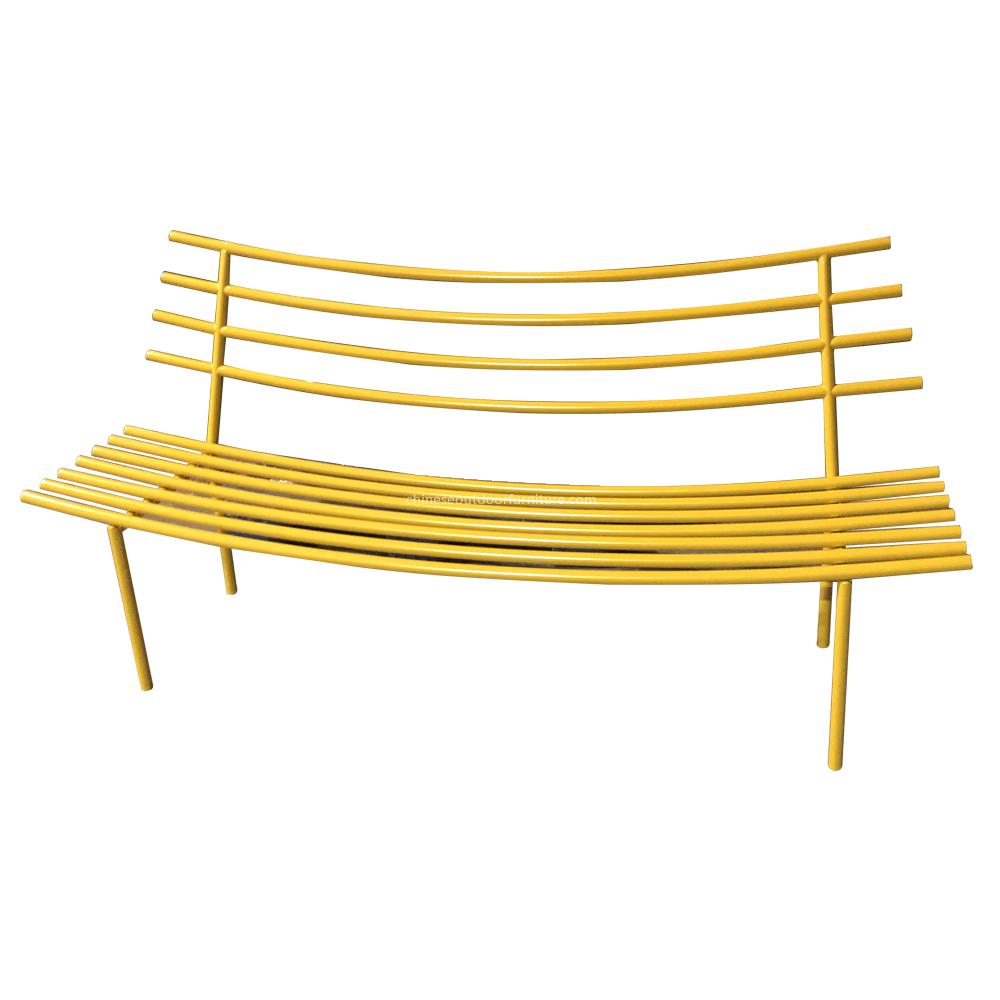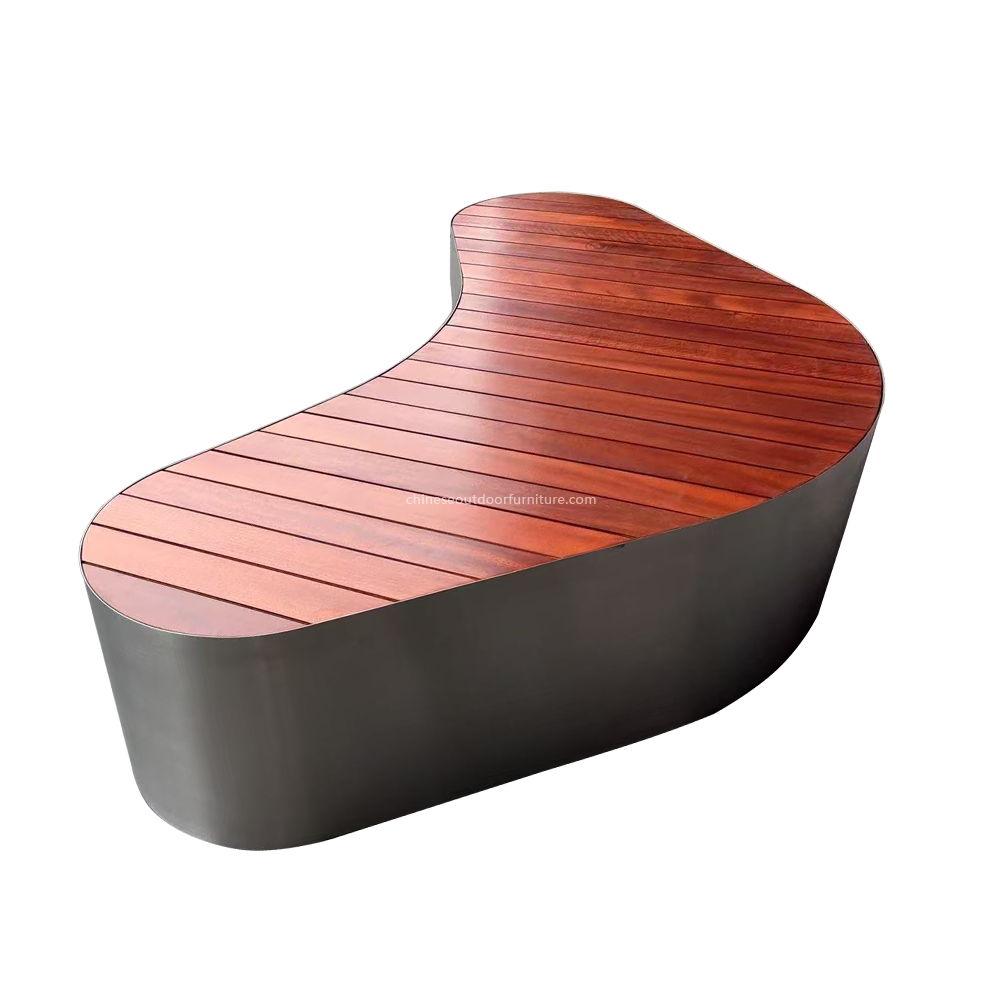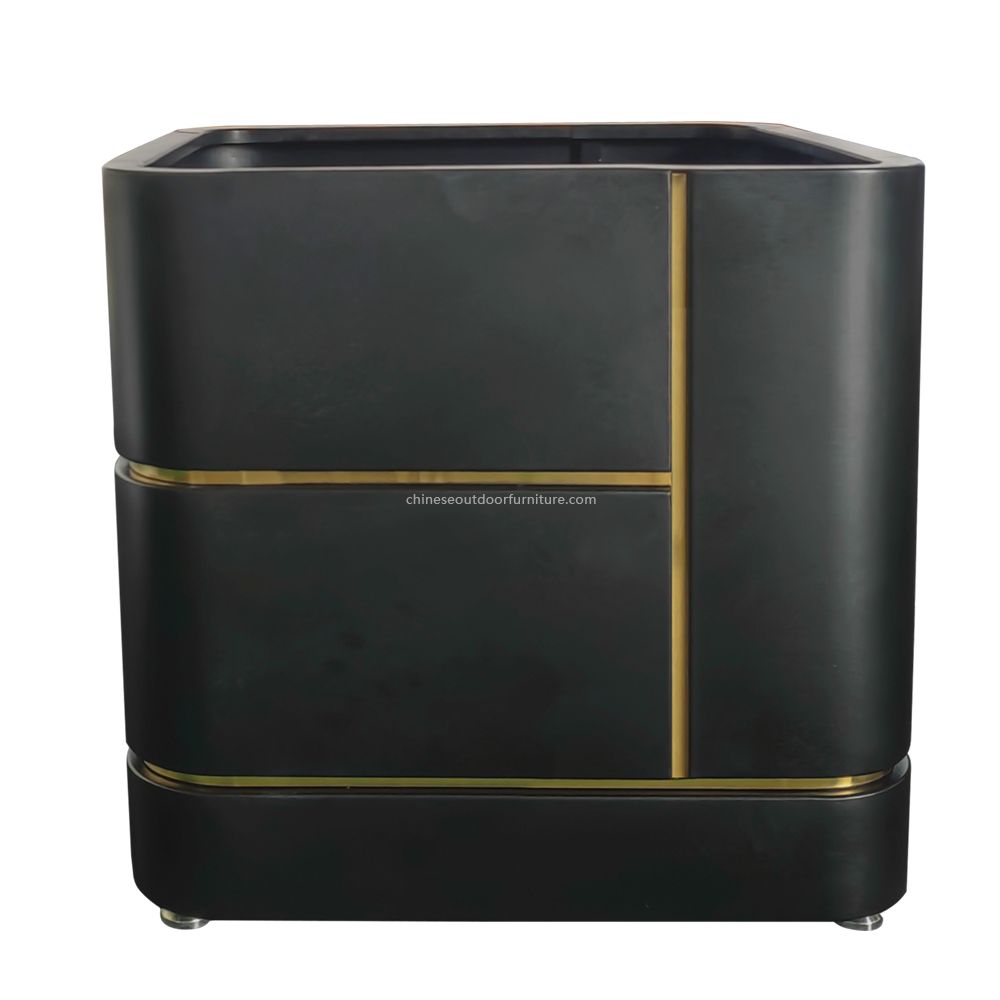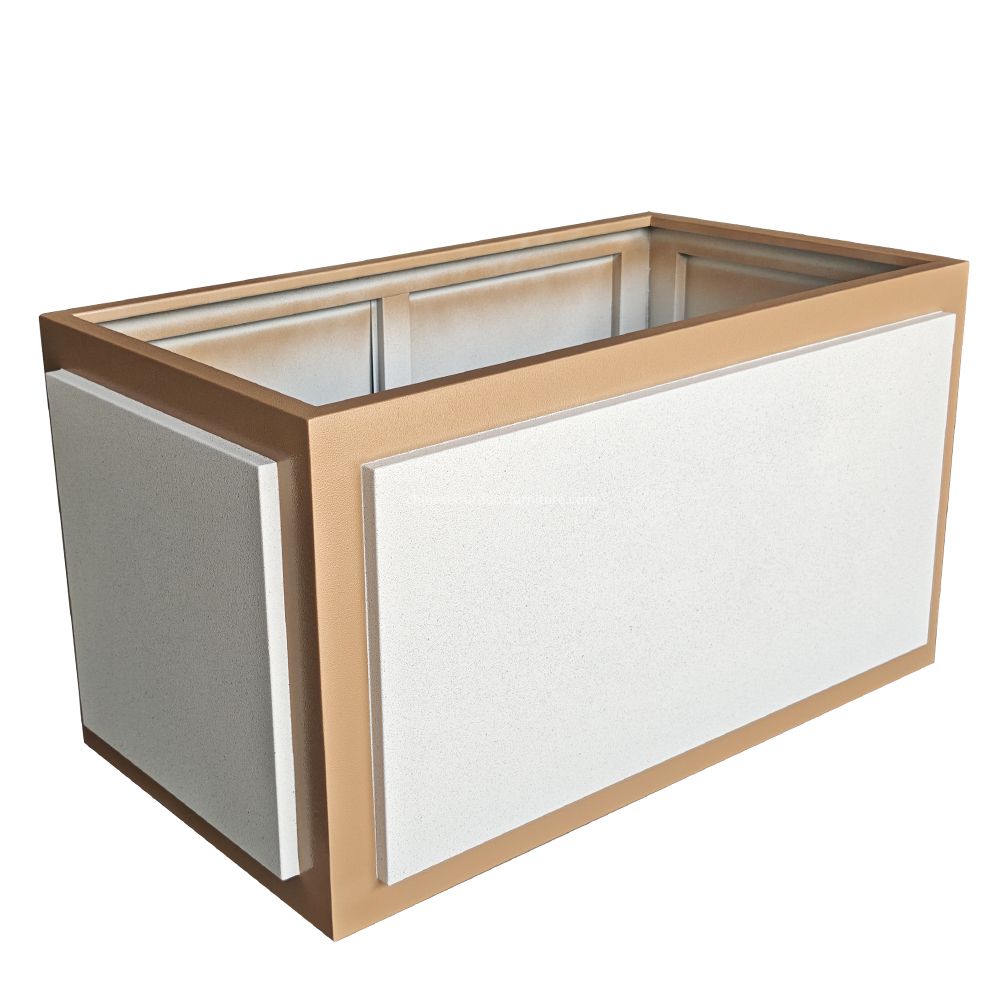Can WPC be engineered with shape-memory properties?
Wood-plastic composites (WPC) have gained significant attention in recent years due to their versatility, durability, and eco-friendly nature. However, the ques...
READ MORE...How does resin resist damage from spilled transformer oils?
Resin is widely recognized for its exceptional ability to resist damage from spilled transformer oils, making it a preferred material in industrial settings. T...
READ MORE...What are the differences in thermal conductivity with orientation?
Thermal conductivity, a material‘s ability to conduct heat, can vary significantly depending on its orientation, especially in anisotropic materials. Anisotrop...
READ MORE...Are WPC outdoor tables prone to stress corrosion cracking?
WPC (Wood-Plastic Composite) outdoor tables are a popular choice for outdoor furniture due to their durability, low maintenance, and resistance to weathering. H...
READ MORE...How does resin perform in areas with frequent alkaline spray?
Resin is widely used in various industries due to its versatility and durability. However, its performance in environments with frequent alkaline spray is a cr...
READ MORE...What are the differences in thermal shock resistance with thickness?
Thermal shock resistance refers to a material‘s ability to withstand sudden temperature changes without cracking or failing. One critical factor influencing thi...
READ MORE...Can WPC be manufactured with gradient density profiles?
Wood-Plastic Composites (WPC) have gained significant attention in recent years due to their versatility, durability, and eco-friendly nature. A common question...
READ MORE...How does resin resist damage from spilled hydraulic oils?
Resin is widely recognized for its exceptional ability to resist damage from spilled hydraulic oils, making it a preferred material in industrial settings. Hyd...
READ MORE...